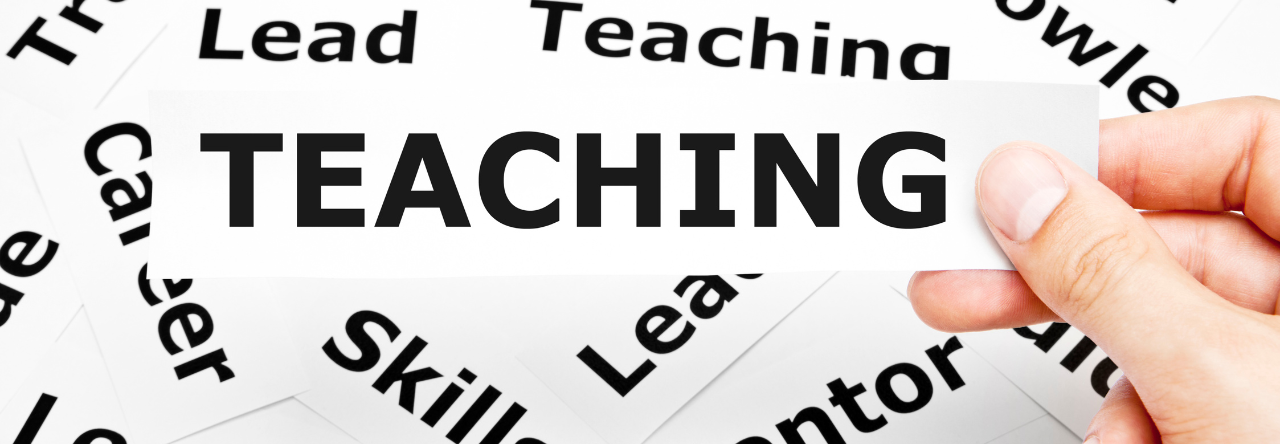In any research study, the literature and conceptual frameworks play a critical role in determining the direction and scope of the work. They are also the foundations for its planning and implementation. The literature survey is a crucial part of any research project. It involves an exhaustive search of scholarly articles that relate to the research problem or question. A conceptual framework is either a visual representation or a written description of the main concepts, variables, relationships, and research questions that are being investigated. This article examines the role and importance of the literature review in research. It highlights their main features and provides tips on how to write them.
Importance and Use of Literature Review Literature review is important for the research process. It allows the researcher the opportunity to determine and better understand the scope and context of a research problem and the knowledge that already exists. It allows for a systematic, comprehensive review of the literature related to a particular research question or problem. This helps the researcher identify inconsistencies, gaps and areas that need further investigation. The literature reviews helps researchers to choose appropriate research methods and data sources based upon the existing literature'’s strengths. The literature review provides a theoretical as well as empirical base for the research, allowing the researcher to develop, justify, and support the research questions.
Key Features Of The Literature Review Good literature reviews should be systematic, thorough and critical. Here are a few key features that make up a literature study:
- A comprehensive literature review includes all significant and relevant scholarly articles related to a research question or problem.
- Systematic: Literature reviews should be performed systematically using a search strategy that includes inclusion/exclusion criterion.
- Critical: Literature reviews should be evaluated critically, analysing the strengths, weaknesses, and gaps in the existing literature. They also need to identify areas of further research, inconsistencies or gaps.
- Synthesis A literature review is a comprehensive summary of all the literature that has been published, including relevant theories, concepts and empirical results.
Importance Conceptual Framework In the research process, the conceptual framework plays a vital role in providing a model that is either visual or written of the main concepts, variables, relations, and questions being explored. The researcher can use it to organize their thoughts, identify relationships and variables, and formulate hypotheses. The conceptual frame also assists the researcher in designing the study'’s data analysis and collection plan, selecting appropriate data sources and methodologies, and analyzing and interpreting the data. The conceptual model also enables researchers to create and justify their research questions, hypotheses, and objectives.
Key Features Of The Conceptual Framework A conceptual framework that is well-organized and clear should have a logical structure. Some of the most important features of conceptual frameworks include:
- Clarity. The conceptual framework needs to be clear, concise, and illustrates the concepts, variables, or relationships being studied in the research.
- Coherence. The conceptual framework should have a logical organization, with concepts, variables, or relationships organized in a logical way.
- Parsimony. A conceptual frame should be as sparse as possible, with only those concepts, variables, relationships, etc. that are essential to the explanation of the research problem or question.
- Testability – A conceptual framework needs to be testable. This means that it should contain clear, measurable variables as well as relationships. These can then be tested with empirical data.
What to do when writing the Literature Review?
- Early start: Start your literature review early to give yourself enough time to complete a thorough and systematic review.
- Organise yourself: Follow a clear, coherent structure and a systematic approach when searching and reviewing the literature.
- Critically evaluate the literature that you have read.
